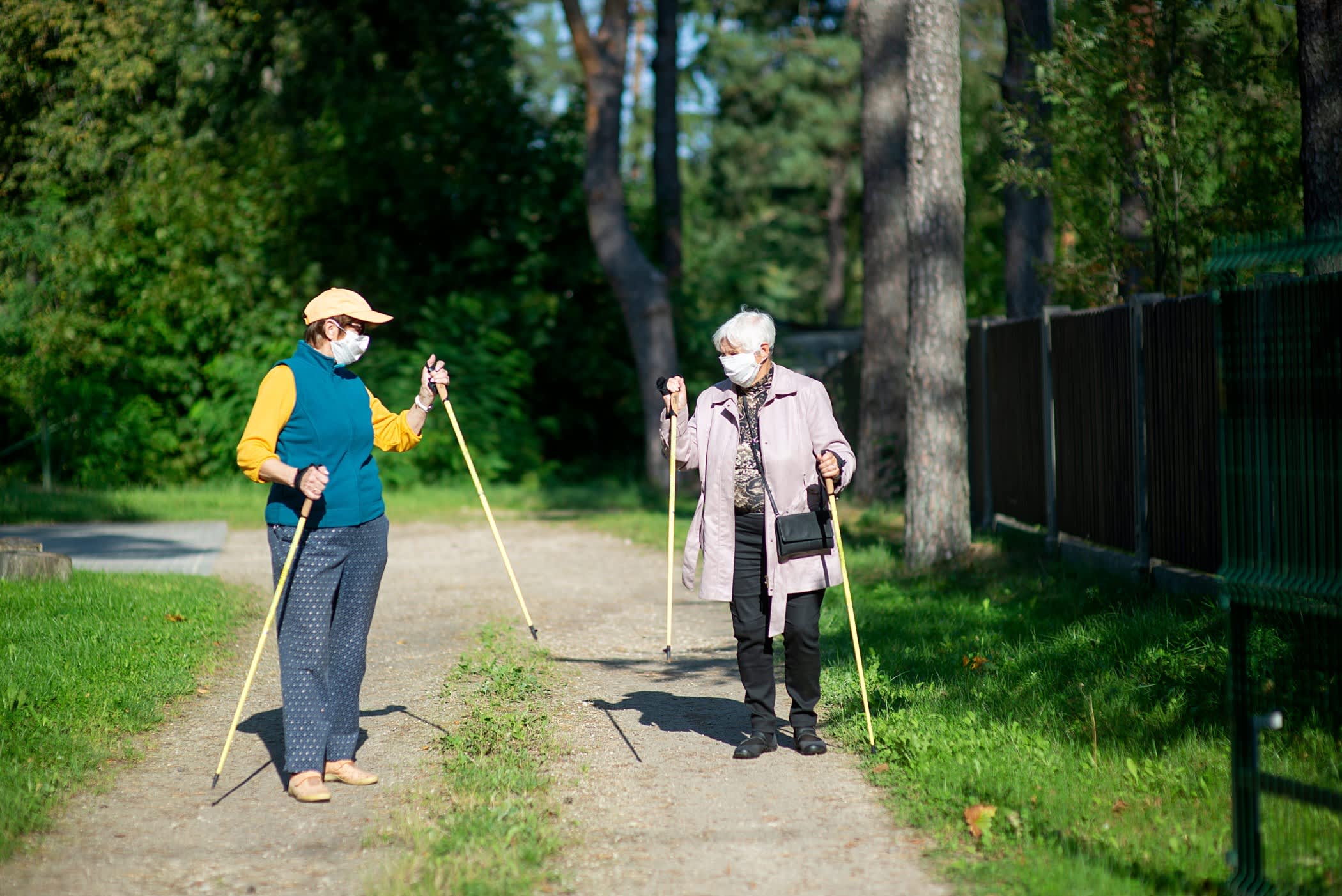There is no magic solution to live longer, says Dan Buettner, a National Geographic Fellow and journalist who studies the habits of people who live in the “Blue Zones”, which are the places in the world where people live the most. The locations are: Okinawa, Japan; Sardinia, Italy; Nicoya, Costa Rica; Ikaria, Greece and Loma Linda, California.
But making small changes to your daily routine – from how you spend your lunch break to whether you keep in touch with friends – can make a big difference in the long run, Buettner told CNBC Make It.
Especially during the Covid pandemic, as most people’s lives have changed dramatically, here are the top three habits of the Blue Zones that Buettner says are important to start with now.
Have 3 friends you can count on
A famous Harvard survey showed that people who have close relationships live longer than isolated people.
“If you are socially disconnected, [or] if you don’t have three friends you can count on on a bad day, it reduces your life expectancy by about eight years compared to someone who is well connected, “says Buettner.
During the pandemic, even video calls can have a positive effect: “If the conversation has emotional content, it counts,” he says.
“In the time before Covid, we used to take a break for lunch and often went to eat with a colleague,” he says. Since this is not possible for many people during the pandemic, he suggests a video call in the middle of the day with someone you care about. “Make it part of your daily routine,” he says.
Take a walk that mimics your daily commute
Much research confirms that exercise avoids the risk of illness and death, but you don’t need an exercise bike or a home gym to reap the benefits.
“People in the Blue Zones walk every day and reach 100 without all the other devices and pomp of working out,” says Buettner.
People who commute to work and need to walk to a bus or train station have a lower risk of developing cardiovascular problems. If you’re working remotely and are more sedentary than usual, take walks around the block that mimic your morning and night trips, says Buettner. Leave your running shoes or hiking shoes at the front door “to constantly remind you to wear them,” he says.
Hiking during the pandemic is an easy way to exercise safely outdoors and also to socialize with someone outside your home. Dr. Anthony Fauci said he walks 3.5 miles a day to de-stress after work.
Studies show that walking stimulates creativity, improves memory and even helps you sleep.
Take a 20-minute nap in the afternoon
Taking short naps in the middle of the afternoon is common in many regions of the Blue Zone, says Buettner.
“People who report napping for at least 20 minutes, five days a week, have a one-third lower rate of heart disease than people who only travel by car during the day,” he says.
After a nap, you usually feel sharper and have lower levels of the stress hormone cortisol, says Buettner. Over time, regular naps also show less inflammation in the body, he adds. (Chronic inflammation is associated with several diseases.)
The key to avoiding torpor is to take a 20-minute nap, according to the National Sleep Foundation. If you’re working from home, take an invigorating nap during your lunch break – this can improve your performance. Studies suggest that short naps can increase job performance by up to 34% and improve alertness by 54%.
Output check: How the pandemic killed your motivation and 6 simple ways to get it back, according to science
Don’t miss: The best credit cards to build credit for 2021
